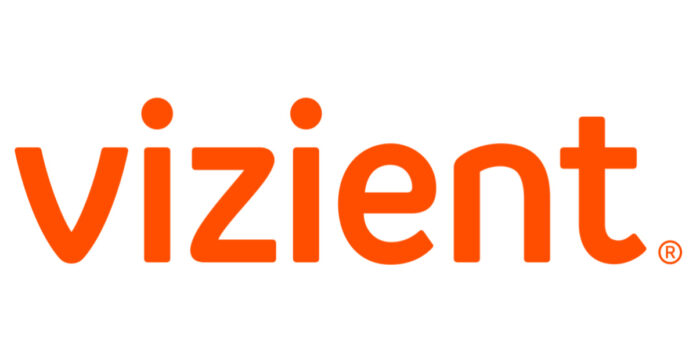IRVING, Texas– Vizient, Inc announces a strategic partnership with Surgery Exchange LLC to enable greater access to a cloud-based solution that addresses a persistent surgical process challenge for hospitals and surgery centers: efficient surgery planning and case management. This collaboration creates both clinical and operational efficiency by eliminating manual ordering, tracking, and billing of implant “bill only” cases by streamlining the surgery workflow.
Implant surgery can be highly complex, requiring not just the appropriately sized implant but components and instruments to be used with it, all of which must be prepared prior to the procedure. Manual procurement processes create ordering errors and inaccuracies, resulting in millions of dollars of product being stored at the hospital, often with little oversight or accountability for inventory management.
Vizient members will now have the opportunity to modernize their inventory management process for medical devices through the Surgery Exchange Platform™, a comprehensive implant/bill-only process technology solution. Supply partners also benefit from the ability to add other supply chain technologies and applications to the platform, which can quickly automate and complement existing processes.
“By expanding our relationship with Surgery Exchange we are better able to help our members solve a historical challenge for managing inventory required for implant surgeries. We will also be able to integrate our clinical and spend data which will give members additional insight into opportunities for greater cost efficiencies,” said Simrit Sandhu, executive vice president, transformation & clinical supply solutions for Vizient.
The University of Chicago Medical Center looked to Surgery Exchange because manual requisitions were resulting in use of non-contracted products and much of the process was inefficiently tracked through email. With too many touches, this led to pricing inconsistencies and inaccuracies that resulted in longer payment cycles and invoice holds.
As a member of Vizient’s Supply Chain Strategy Council (SCSC), which has identified implant / bill-only as a priority, University of Chicago Medical Center is looking forward to implementing the platform, which will enable the health system to standardize and automate requisition data for bill-only items. They expect to see value in pricing accuracy for purchase orders, productivity gains in accounts payable as well as timely payment to supply partners.
“Deploying a technology to automate a manual surgery process should result in a noticeable improvement in case planning,” said Eric Tritch, vice president of supply chain & support services at University of Chicago Medicine. “The desired outcome would help with both the provider and supplier knowing exactly what you need for each surgery and make both our inventory team and our reps’ lives easier with less rework on implant invoice reconciliation.”
Most orthopedic, spine, cardiovascular and other implant products are elective surgeries; meaning that except for trauma cases, they are scheduled weeks in advance. However, many providers wait until after surgery to submit details on the device and products used for procurement and billing purposes. With the Surgery Exchange solution, identification of potential contract exceptions or compliance concerns are surfaced prior to surgery allowing the provider to proactively resolve issues.
“As the volume of elective surgeries begins to recover post-pandemic, the Surgery Exchange Platform can enhance the end-to-end surgery workflow by providing increased visibility and automation to the procurement and inventory management process,” said Erik Axter, managing principal, physician preference items (PPI) solutions.
Surgery Exchange’s solutions are tailored to identify real-time issues, so the proactive nature of the solution can quickly mitigate those problems. This comprehensive solution delivers better control, compliance, and patient outcomes by eliminating inaccurate implant pricing, missed reimbursements, unnecessary overnight shipping expenses, equipment rental fees for changed/canceled surgeries, lost OR time due to unavailable product, and provides visibility throughout, especially to Central Sterile Processing to track and manage loaner trays.
In addition, the process automation further benefits supply partners by reducing overall sales and general administrative (SG&A) costs. Their ability to engage in proactive case planning, inventory management and expedited payments adds efficiencies to their operations
“The entire process for planning and managing implant and bill-only cases is very different than other types of surgeries and falls out of the traditional med-surge purchasing process,” said Amin Rahme, president of Surgery Exchange. “With our combined capabilities, all the stakeholders, from the manufacturer to the sales rep, from the physician to the supply chain department, know what is coming and can plan accordingly.”


